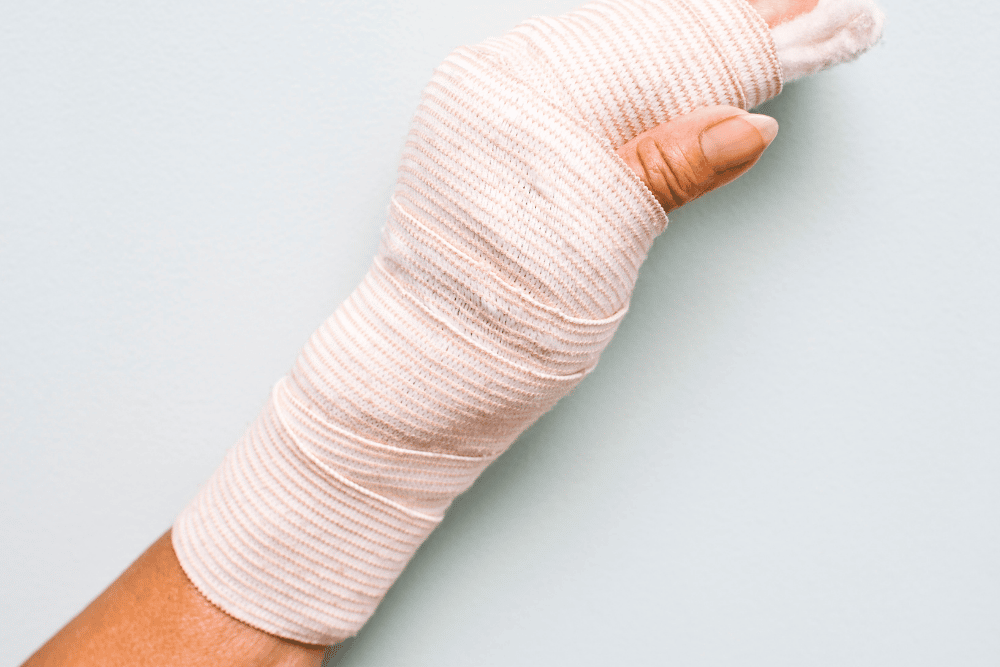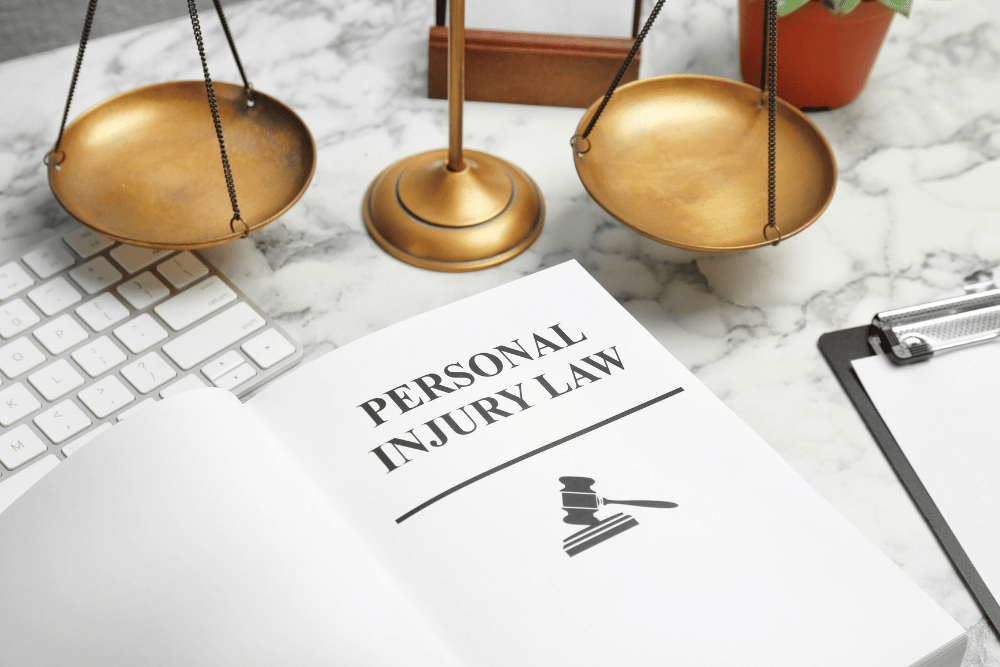
People love the 4th of July in the United States. It’s a great time to get together with family and friends to celebrate the country’s independence.
It doesn’t hurt that tasty food and fireworks play a major part in the experience, as do a few adult beverages, for some. All of that fun does come at a cost, however. People get hurt quite frequently on this holiday, and they end up in the emergency room with injuries.
Here are some of the most common injuries seen in emergency departments across New York over the 4th – a fate you may be able to avoid yourself if you’re aware of the dangers.
Injuries to the Hands
Fireworks are a part of the 4th of July celebrations for many people, but the same fireworks that are so beautiful can be dangerous when mishandled. This is why hand injuries are so common on Independence Day. Open flames risk causing burns.
To make sure you’re as safe as possible, you should have a bucket of water nearby when lighting fireworks. And always keep fireworks as far from your body as possible. This goes even when you’re using sparklers.
Injuries to the Face
Many injuries to the face sustained over this holiday are due to fireworks as well. Sometimes people hold fireworks too close to their head when lighting them, or children handle them when they shouldn’t.
To help avoid facial injuries due to fireworks, you should make sure to keep them far from your face. Walk away as fast as possible after lighting them. You should also never allow a child to light a firework on their own, especially fireworks that shoot up from the ground.

Accidents Related to Swimming
When it’s hot out, it’s the perfect time to swim. That’s why so many people are involved in swimming accidents during Independence Day celebrations.
Whether you’re at a pool, a lake, or the ocean, it’s important to realize that, any time you’re near a body of water, there’s a risk of drowning. This is especially the case if young children are around, or if party-goers have been imbibing alcohol.
Never leave children unattended near water, and make sure to have flotation devices handy for safety use.
Car Accidents
Around a holiday, there’s usually an uptick in alcohol use – and the 4th of July is no exception. In fact, it is one of the deadliest holidays in America when it comes to car accidents due to the number of people drinking and driving on the road.
It’s a good idea not to travel on this holiday, especially if you’ve been drinking. Go someplace to celebrate and stay there. Or stay home and have fun. We’ve all become experts at that in the past year.
Learn how to identify possible drunk drivers on the road, too, so you can avoid them. Look out for weaving, swerving, tailgating, or driving down the middle of the street.
Accidents on Boats
People don’t only drink on land. They drink on the water, too. This contributes to another one of the most common 4th of July injuries – those sustained through boating accidents.
If you plan to be out on the water, make sure to limit your alcohol intake. Abstain altogether if you’ll be operating the craft. Make sure you have life jackets on board that are worn by everyone. Also, keep tabs on your location, so you can inform the proper authorities should you be involved in an accident and need help.
Heat Stroke and Dehydration
July is hot, and some of us get so wrapped up in the fun that we forget to drink enough water. Most celebrations happen outside, where people are exposed to the sun all day. This can contribute to becoming dehydrated and overheating, which can cause you to fall ill – sometimes seriously so.
To help avoid this scenario, make sure to drink plenty of water. You should also seek or make shade through umbrellas or covers, or have a place inside to sit and cool off.

It’s also crucial to know the warning signs of a heat stroke: dizziness, rapid heartbeat, fast breathing, nausea, confusion, fainting, or a headache. If you experience these symptoms, make sure to cool off and drink water. If someone falls unconscious, call 911.
The 4th of July is a fun time, but it’s not without its risks. If you’re injured this year and feel it’s due to the negligence of another, you may have a personal injury case to pursue post-recovery.
Take care of yourself first, then figure out how to handle your case later.









